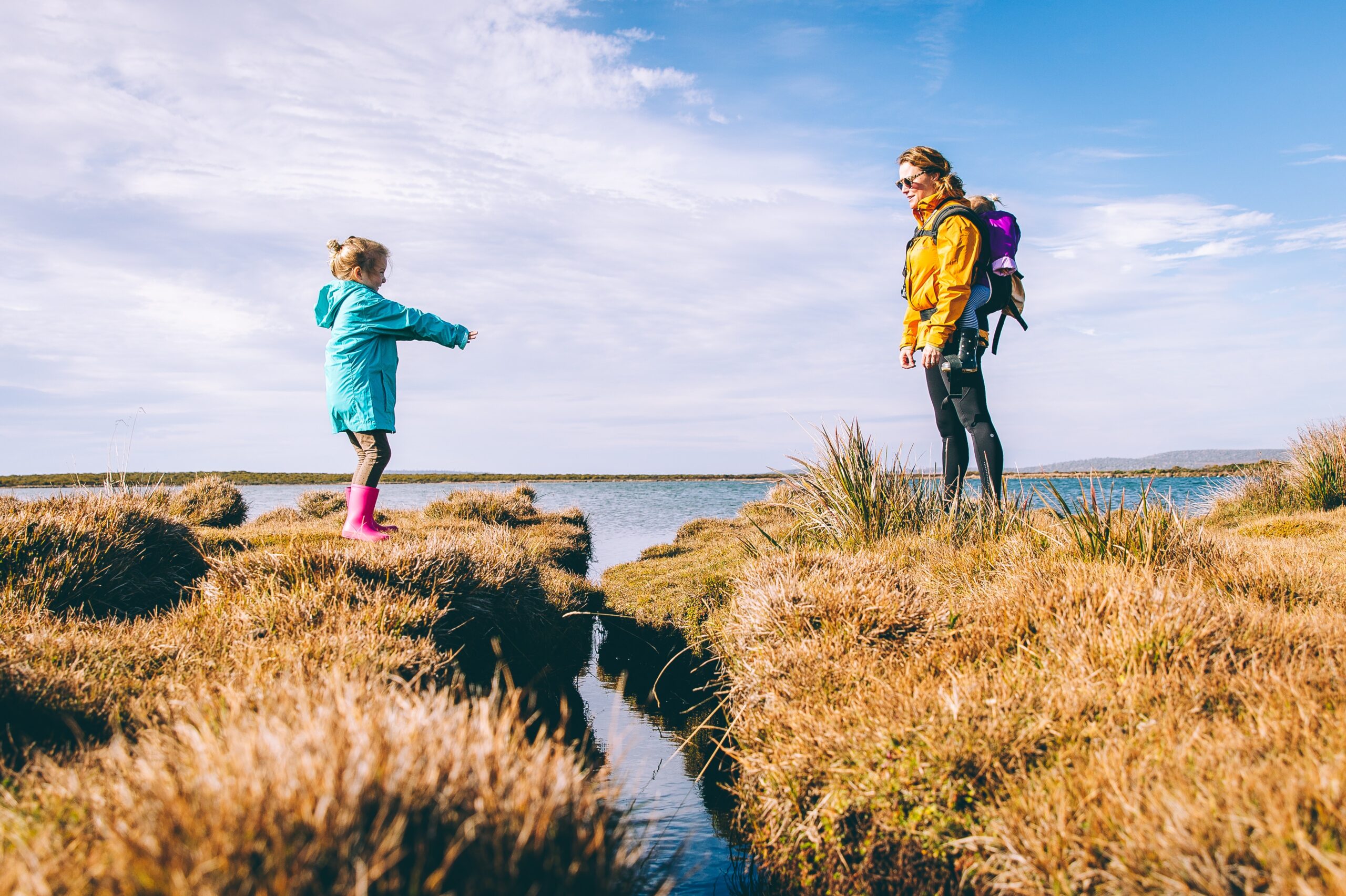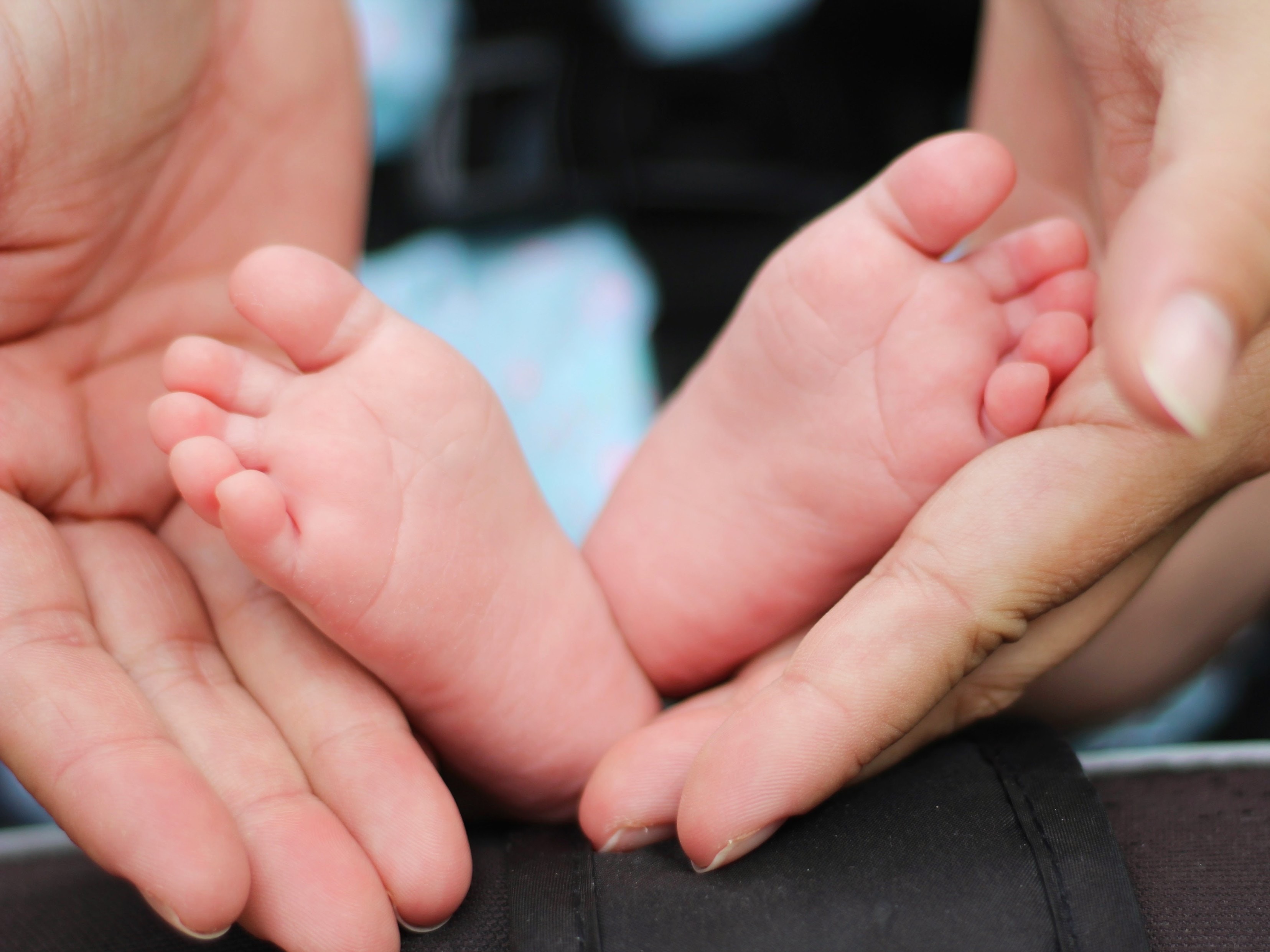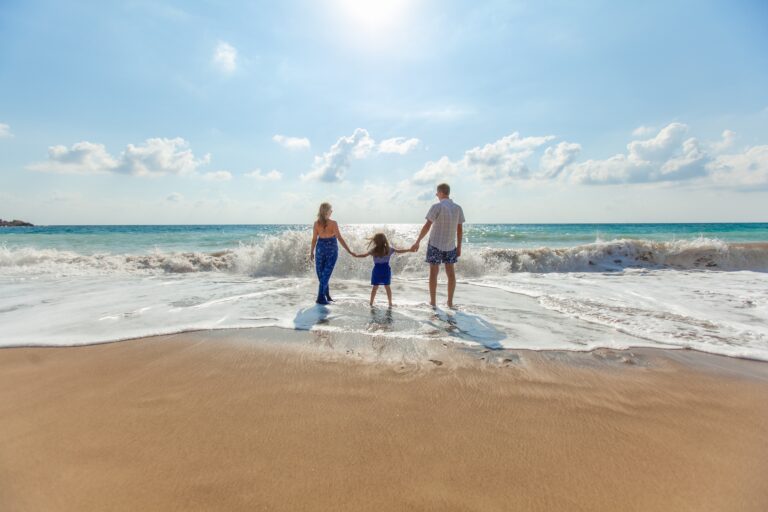
Having a smaller family
Each one of us puts pressure on the natural world, consumes the Earth’s finite resources and contributes to climate change.
Many people today now recognise that and seek to live in a more sustainable and environmentally friendly manner. Steps such as recycling, thinking about how we travel and changing the way we eat are increasingly common. For many years, some people have also included environmental considerations in their decisions about the size of family they should have. A growing number of people are now joining them.

Our choices
Decisions about parenting are deeply personal. We all have many influences—our partners, families and friends, our communities, and very often our own experiences as children, good or bad. Many of us feel a strong urge to have children of their own, but not everyone feels maternal or paternal.
Some people do want children but feel deeply concerned about the future of our world and about the lives their children may lead if they do decide to have them. Becoming a parent does not always involve bringing more people into the world. Many parents choose fostering and adoption, providing loving homes to children who might otherwise go without.
People can often face pressure to have the kind of family they don’t want. In most societies, it is still considered normal and desirable to have children, even though millions of single people and couples lead satisfying and fulfilled lives without having children of their own.
Pressure to conform regarding family size can be intense anywhere, and is still common in many places. Religious, social and even political pressure can extend to promote very large families, or condemn the use of contraception.
To have or not to have children is a fundamental human right that everyone should be free to exercise without judgment or criticism.
Small families, small planet
The world we live in
Many of us now expect the personal decisions we make to be influenced by what is happening in the world around us. Right now, the world is facing environmental and social problems on a scale we have not faced before.
The natural world under threat
Plastic waste is filling up our oceans and deserts are spreading. Species are disappearing so quickly that scientists are calling this the ‘sixth mass extinction’. Our climate is already warming, and if we do not get our carbon emissions under control the consequences for ourselves and future generations will be devastating. A 2017 study, however, suggested that the single most effective measure any individual in the developed world may be able to take to reduce their greenhouse gas emissions over the long term is to have one fewer child.
A fairer world for all
Meanwhile, we face grave challenges in overcoming poverty, providing justice for all and even sustaining decent lives where we have them. According to a recent study, we will also need on average 71% more resources each by 2050. The achievements we have made in lifting people out of poverty in recent decades are amazing, but as more people become more affluent it becomes more difficult to provide for all of us sustainably.
Families are about love. The decisions we make about them are fundamental to our identities and our needs as human beings. They can, and should, be influenced by many things—including love and respect for the planet we live on and those we share it with.
Life in a smaller family
Having fewer—or no—children brings other benefits. Smaller families can free people to devote more money and time to the children they have, or other aspects of their lives, such as friendships, careers and activities that give them pleasure. Those who choose to be childfree will have very much more freedom, including (for some) to do other things to help protect the planet or help others.
Children in small families can benefit from having more attention from their parents, and greater freedom without siblings. Children grow up happy in families of all sizes but some research suggests children in smaller families do better in later life.




